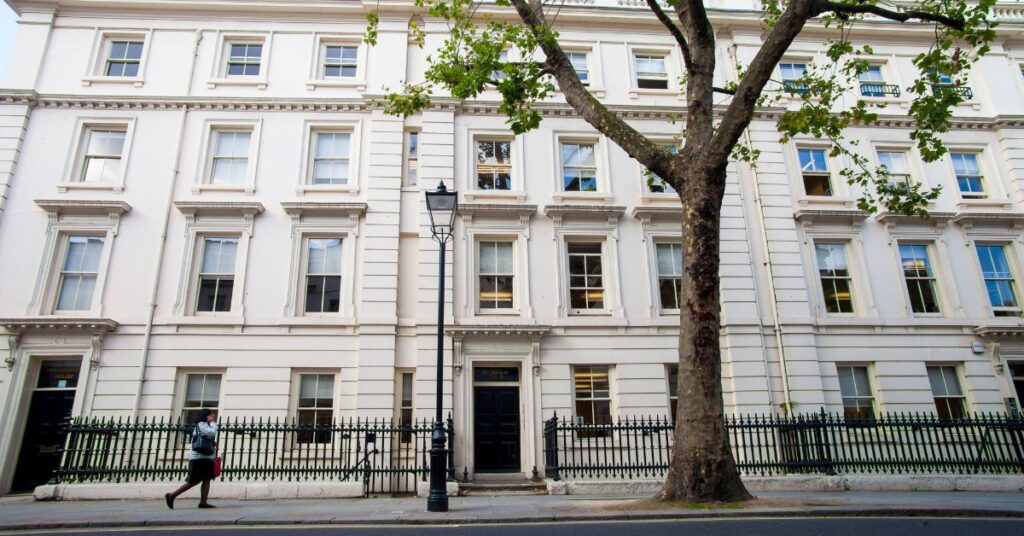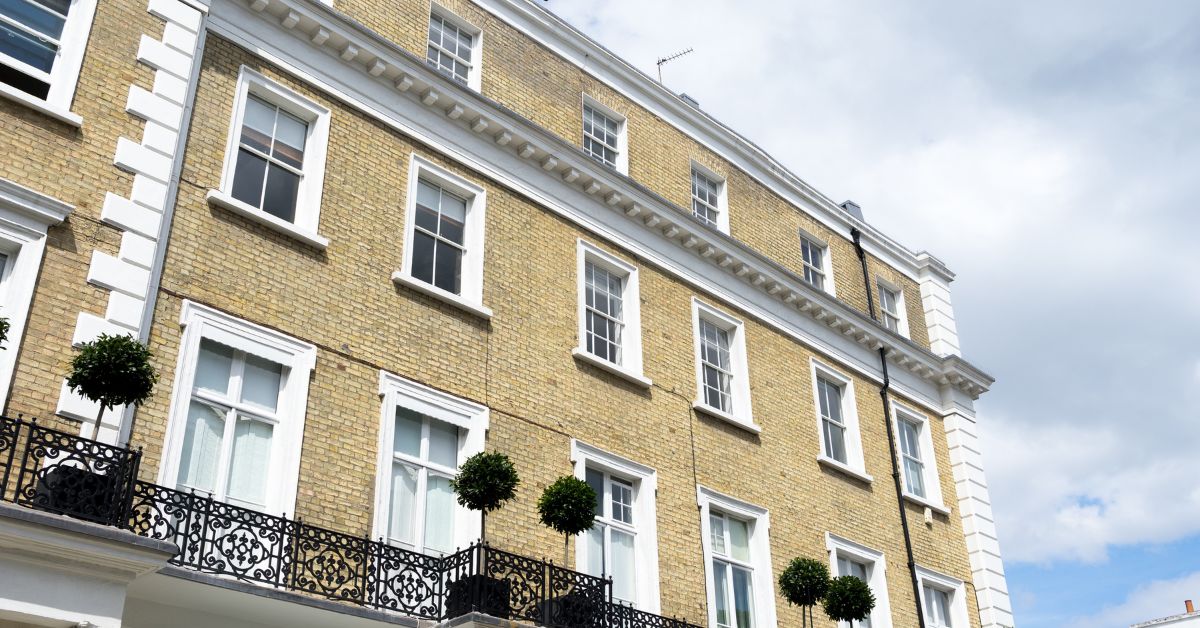First introduced to Parliament in November 2023, the Leasehold and Freehold Reform Act 2024 (LAFRA) aims to modernise the leasehold system, which critics have described as unfair, outdated, and exploitative. Based on the Conservative government’s 2017 housing white paper and the Law Commission’s leasehold reform recommendations, the Act introduces significant changes with far-reaching implications for leaseholders and freeholders.

When does the Leasehold and Freehold Reform Act 2024 come into force?
The Leasehold and Freehold Reform Act received Royal Assent, officially becoming law on 24 May 2024. However, many of its provisions are yet to come into force, with some not expected to take effect until at least 2026. In this article, we will outline the provisions that have taken effect or been scheduled to come into force, exploring their implications for freeholders and leaseholders.
24 July 2024: Amendments to the Building Safety Act 2022 covering litigation costs and insolvent freeholders
Litigation Costs
Leaseholders can establish a Right to Manage (RTM) or Resident Management Company (RMC) to manage their own building. In some cases, RTMs or RMCs may have to take legal action or defend legal proceedings, incurring litigation costs. However, the Building Safety Act prevented freeholders, including RTMs and RMCs, from passing litigation costs onto leaseholders.
Under section 117 of the Leasehold and Freehold Reform Act 2024, RTMs and RMCs are now exempt from this rule, enabling them to split litigation costs between all leaseholders through their service charge (should the lease allow it).
Insolvent Freeholders
The Building Safety Act enables leaseholders to recover remediation costs (costs incurred fixing safety defects in their building) from their freeholder. However, if the freeholder became insolvent, the law previously required insolvency practitioners to use these funds to pay off creditors.
Under section 118 of the Leasehold and Freehold Reform Act 2024, this is no longer the case and funds recovered for remediation will be ringfenced.
In addition, section 119 of LAFRA requires insolvency practitioners to notify the local authorities and fire and rescue services when the freeholder of a building at least five storeys or eleven meters high becomes insolvent, safeguarding residents.
31 October 2024: Amendments to the Building Safety Act 2022 providing clarity on Remediation Orders
Running Costs and Remediation Cost Orders
Sections 114, 115, and 116 of LAFRA confirm that courts can require freeholders to cover the cost of ‘interim measures’ or ‘relevant steps’ taken to keep residents safe until repairs are completed. In some cases, freeholders can pass remediation costs on to leaseholders via their service charge.
In addition, section 116 confirms that Remediation Cost Orders can include the cost of obtaining expert safety reports and providing alternative accommodation for residents if required.
Remediation Orders
Section 115 confirms that a First-tier Tribunal can use Remediation Orders to require freeholders of an 11m+ building to take relevant steps to repair building defects.
31 January 2025: 2-year rule abolished
Under the old leasehold system, leaseholders had to wait two years after purchasing a property before extending the lease or buying the freehold. Not only did this create uncertainty for many new leaseholders, but it could also have significant financial implications if it caused a lease to fall below 80 years.
A lease with less than 80 years remaining is considered a short lease. These are significantly more expensive to extend due to the 80-year rule. When a lease is extended, its value increases. This increase in value is known as the marriage value. Under the current leasehold system, the freeholder is entitled to 50% of the marriage value when a short lease is extended.
Section 27 of the Leasehold and Freehold Reform Act, which took effect on 31 January 2025, abolished the two-year rule, enabling leaseholders to extend their lease immediately after purchase.
Under the Leasehold and Freehold Reform Act, the 80-year rule is also due to be abolished. However, the government has yet to set a date for this provision to come into force.
03 March 2025: Leasehold Right to Manage reforms come into force
The Right to Manage allows leaseholders to take over the management of their building, making decisions about important issues, including maintenance, repairs, and service charges. However, under the old leasehold system, leaseholders of buildings with 25% or more non-residential floor space were excluded from making a Right to Manage claim. As of 03 March 2025, additional LAFRA provisions will come into force, increasing that limit to 50%, meaning more leaseholders can make a claim to manage their building.
In addition, leaseholders will no longer be required to cover their freeholder’s legal costs when they make a Right to Manage claim.
With many LAFRA provisions yet to come into force, there is still a great deal of change on the horizon for leaseholders and freeholders. For expert legal advice on how these changes will affect you, contact Scott Bailey today.
* This article will be updated as the government sets dates for additional provisions to take effect.










